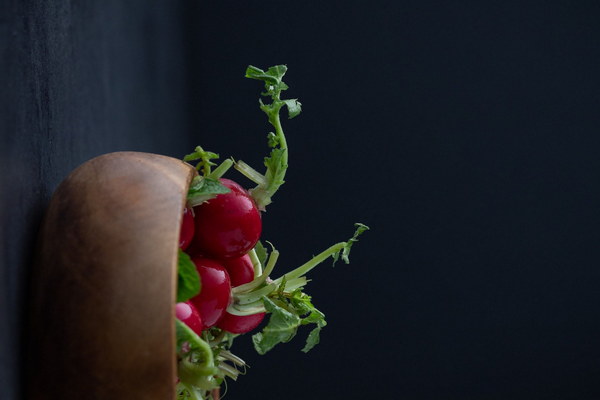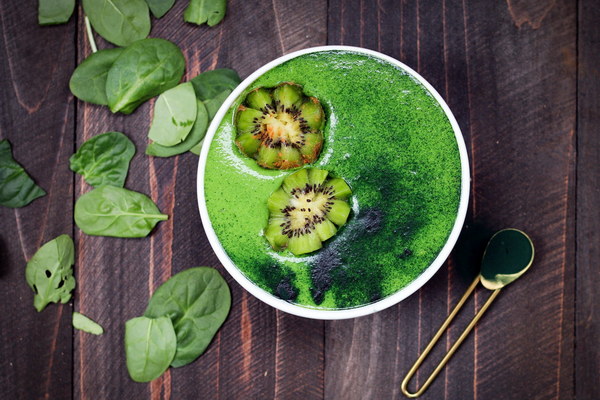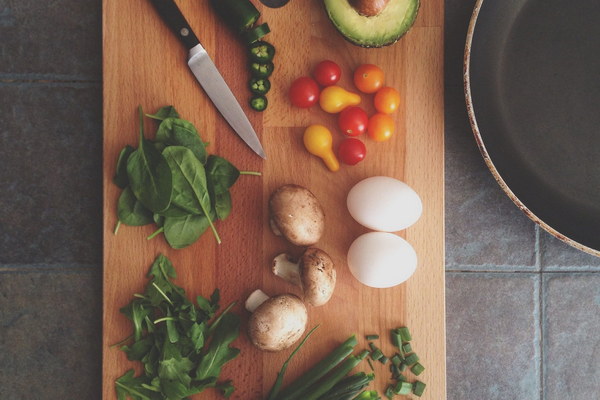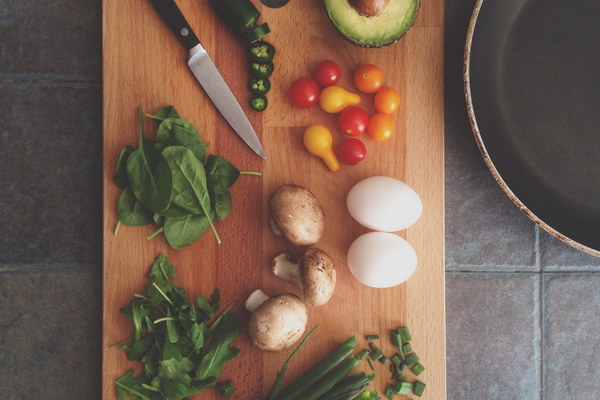Winter Dehumidification and Nutrition Nourishing Foods to Stay Dry and Healthy
As winter approaches, the cold weather brings with it the inevitable chill and dampness that can leave us feeling weary and rundown. The cold season is also the time when our bodies are more susceptible to dampness and humidity-related health issues. To combat these challenges, it's essential to adopt a winter dehumidification and nutrition plan. By incorporating nourishing foods that help to dry out the body and boost immunity, you can stay dry and healthy throughout the season. In this article, we'll explore the best winter dehumidification and nutrition tips to help you stay comfortable and well during the coldest months.
1. Choose Foods That Promote Dehumidification
To keep the dampness at bay, it's important to consume foods that have natural dehumidifying properties. Here are some top choices:
- Garlic: Known for its strong flavor and dehumidifying properties, garlic can help to reduce dampness in the body and improve circulation.
- Onions: Similar to garlic, onions have dehumidifying properties and can also boost the immune system.
- Ginger: This spicy root can help to expel dampness and improve digestion, making it an excellent addition to soups and stews.
- Green onions: These versatile vegetables have dehumidifying qualities and can be added to a variety of dishes.
- Cabbage: Cabbage is a nutritious vegetable that helps to reduce dampness and can be enjoyed in salads, soups, and stir-fries.
2. Stay Hydrated
During the winter, it's easy to become dehydrated due to the cold weather and indoor heating. To combat this, make sure to drink plenty of water throughout the day. You can also infuse your water with slices of lemon, ginger, or cucumber for added flavor and health benefits.
3. Incorporate Antioxidant-Rich Foods
Antioxidant-rich foods can help to boost your immune system and protect against winter colds and flu. Some great options include:
- Berries: Blueberries, strawberries, raspberries, and blackberries are all high in antioxidants and can be enjoyed fresh, frozen, or in smoothies.
- Apples: Apples are a great source of vitamin C and antioxidants, and can be eaten raw or cooked.
- Pears: Pears are another excellent source of vitamin C and antioxidants, and can be enjoyed in a variety of dishes.
- Red peppers: These vibrant peppers are packed with vitamin C and antioxidants, and can be used in salads, stir-fries, and soups.
4. Consume Warm, Nutritious Soups and Stews
Warm, nourishing soups and stews are not only comforting but also beneficial for winter dehumidification and nutrition. Try incorporating the following ingredients into your winter dishes:
- Chicken or beef broth: A rich, flavorful broth can help to dry out the body and provide essential nutrients.
- Lentils and beans: These legumes are high in protein and fiber, and can help to improve digestion and reduce dampness.
- Root vegetables: Carrots, beets, and potatoes are all great sources of vitamins, minerals, and antioxidants, and can be used in soups and stews.
- Herbs and spices: Add a dash of herbs and spices like thyme, rosemary, and black pepper to enhance the flavor and boost your immune system.
5. Avoid Foods That Contribute to Dampness
In addition to consuming dehumidifying foods, it's also important to avoid those that can contribute to dampness in the body. Some to steer clear of include:
- Sweet treats: High-sugar foods can exacerbate dampness and lead to energy crashes.
- Cold, raw foods: Consuming cold, raw foods can increase dampness and make you feel more uncomfortable during the winter months.
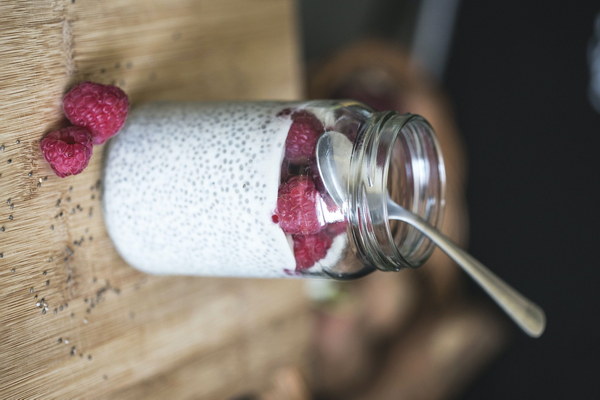
- Processed foods: Processed foods are often high in unhealthy fats and sugars, which can contribute to dampness and weight gain.
By following these winter dehumidification and nutrition tips, you can stay dry and healthy throughout the coldest months. Remember to focus on consuming a balanced diet that includes a variety of dehumidifying foods, staying hydrated, and avoiding dampness-inducing foods. With these strategies in place, you'll be able to enjoy a comfortable and healthy winter season.

